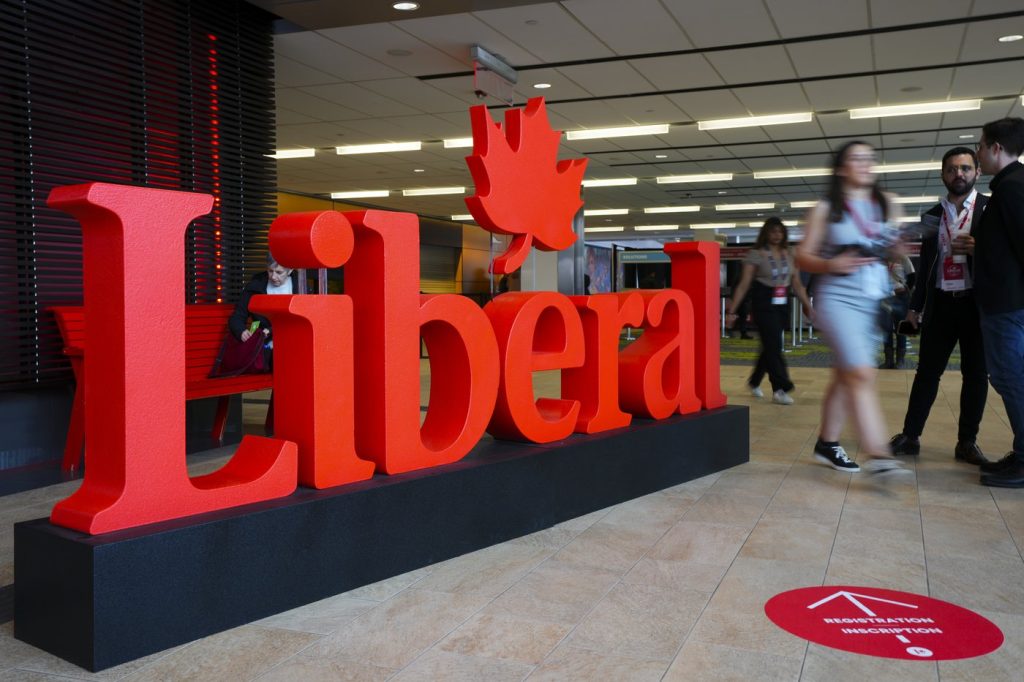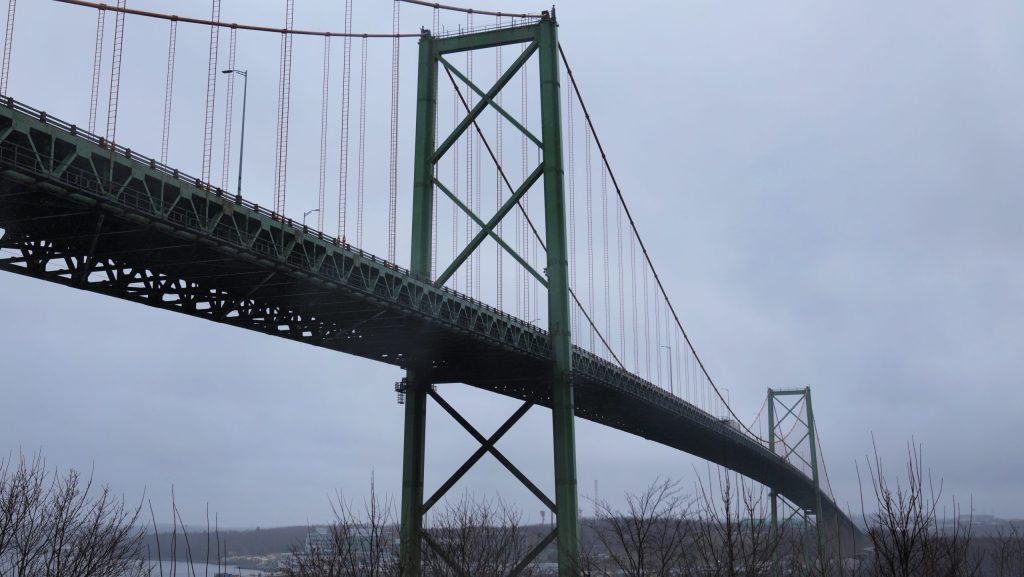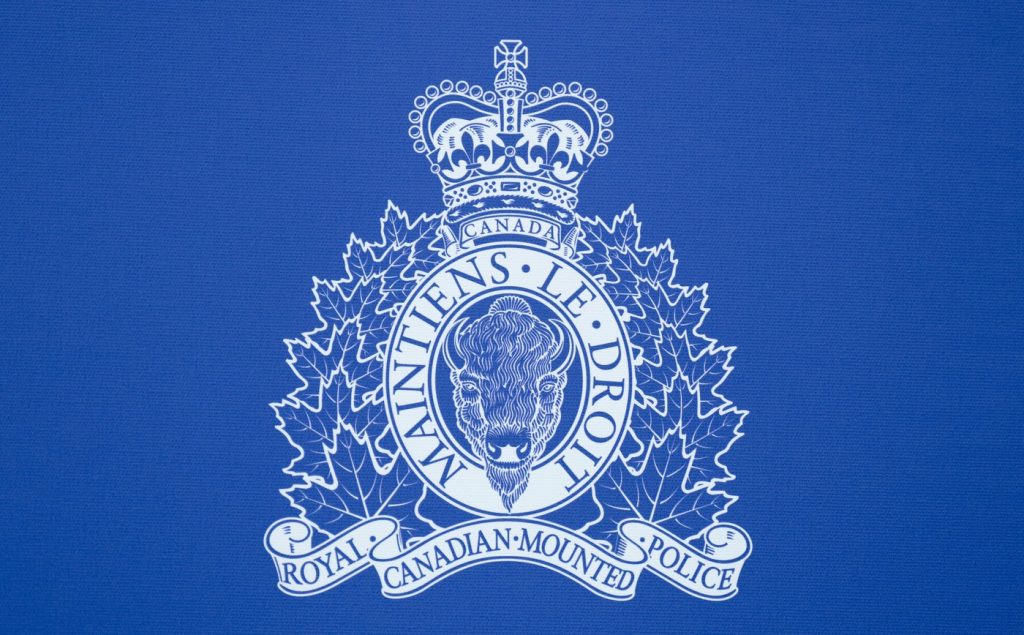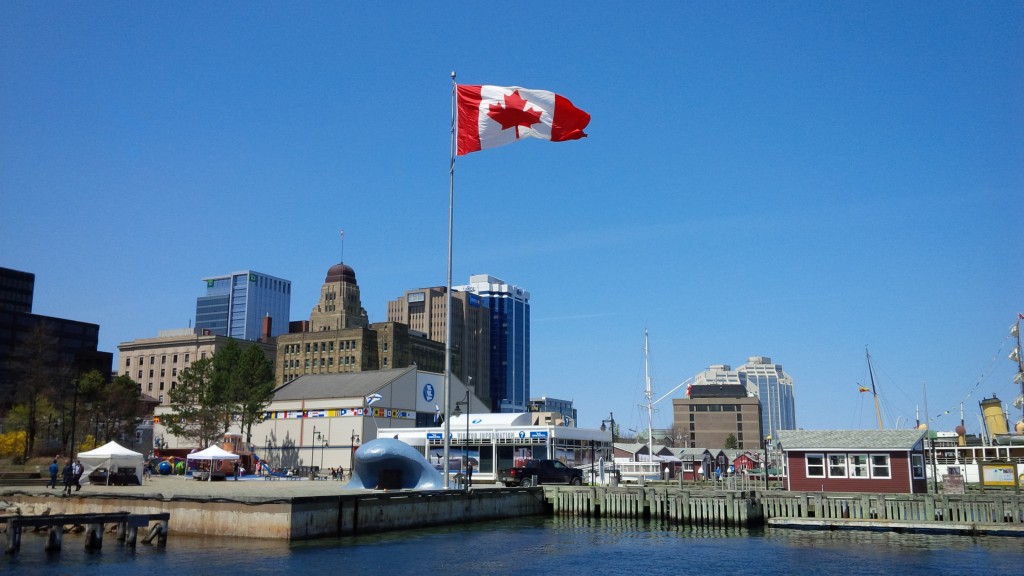As Liberals set up leadership race, members differ on how the leader should be picked

Posted Jan 7, 2025 05:00:21 AM.
Last Updated Jan 7, 2025 04:01:39 PM.
OTTAWA — As the Liberal party begins charting a course for an expedited race to replace Justin Trudeau, some former party advisers are split on just how swift that race should be, and who exactly should pick the next leader.
Some are also warning about the potential for bad actors to try and influence the outcome or take over the party.
Trudeau said Monday he will step aside as soon as a new leader is chosen, capitulating to the growing number of voices in his own caucus who no longer think he is the best person to lead them into the next campaign.
Party officials are expected to meet this week to work out the ground rules for the leadership race, which will include everything from the race’s timeline to financial provisions.
Gov. Gen. Mary Simon did agree Monday to prorogue Parliament until March 24. Trudeau himself said Monday he anticipates an immediate series of confidence votes on government spending, which have to happen before the end of March. With leaders of the main opposition parties all saying they will bring down the government the next chance they get, a new leader could have very little time to lead before the government falls and an election begins.
“It’s the reality of the situation right where we have an upcoming election that may now occur earlier,” said Zita Astravas, vice-president at Wellington Advocacy and a former adviser to Trudeau.
“But the situation requires a quicker timeline and I’m sure that is one of the big considerations that the party executive is considering right now. I was happy to see the prime minister and, frankly, the president of the party both say that they wanted a national competitive leadership campaign to take place, because I think that’s really important for the grassroots and the health of the party.”
Astravas said those stepping up to run should be revealing themselves fairly quickly.
“They don’t have the luxury of time to really kick the tires for weeks on end for those who haven’t started already,” she said.
“The phones are pretty busy of Liberals calling other Liberals. Either encouraging certain individuals to run, or they’re soliciting support from others.”
Charles Bird, a principal at Earnscliffe Strategies and former adviser to several Liberal cabinet ministers, said a quick race leaves less time for party members to get to know the candidates.
He said a longer race is needed in order to give leadership contenders enough time to become better known among registered Liberals and party activists.
“That lends itself to all-candidates meetings, which presumably would happen in various places across the country. That goes to the ability of Liberal leadership contenders to communicate directly and repeatedly with registered Liberals. These are the kinds of things that will take a little bit of time to sort out,” Bird told The Canadian Press.
“Can we do a full-blown leadership contest with registered Liberals voting within 41 days? I think that’s a fairly tall order.”
Bird said having an extended leadership race presents its own set of challenges.
“One of the key concerns that is out there is that the party could be prone to something approaching a takeover, or could be prone to a lot of people who don’t give a hoot about the Liberal party who might be termed single-interest activists signing up and having a very real impact on the selection of our next leader,” he said.
The party’s constitution says anyone who has been a registered Liberal for 41 days prior to the leadership vote can cast a ballot. The provisions also don’t require that voting members be Canadian citizens, but they must reside regularly in Canada.
“You don’t have to go much further than the politics of the Middle East and the kinds of demonstrations we’ve seen in large urban centres to wonder if an organized effort on the part of these kinds of activists could actually make a serious dent in the Liberal leadership process,” Bird said.
Asked if the party is in trouble, Bird said that would be an understatement.
“I think the timing of the prime minister’s resignation presents a host of problems for the party and Justin Trudeau’s successor as Liberal leader,” he said.
“The kind of planning that generally takes many, many months — if not years — will have to be condensed to a very, very tight time frame. None of it bodes terribly well, and it’s left a lot of Liberals wishing the prime minister had made this move six months ago or a year ago.”
Eddie Goldenberg, who was former prime minister Jean Chrétien’s chief of staff, said he also would like to see an accelerated leadership selection. But rather than holding a national race to choose the next leader — and prime minister, until the next election — Goldenberg said the next leader should be chosen by the caucus.
He said the party executive should only be asking what it can do to ensure the new leader is in the best position to win the next election.
“My own belief is that the faster they put a new prime minister in place, the better the chances of winning the next election,” Goldenberg told The Canadian Press.
He said the party should find a way within its constitution to do it, rather than seeking what he called “constitutional purity.”
“If the new leader wins the election, nobody is going to say, ‘Well, you know, (the constitution) wasn’t followed to the letter,'” he said. “And if they lose the election, nobody is going to say, ‘Oh, if you know, you did a great job. You followed the constitution to the letter.’
“It would be a bit like the doctor saying that your operation was a complete success, except that the patient died. So you don’t want the patient to die. So do what you can to make sure that the patient survives and flourishes.”
This report by The Canadian Press was first published Jan. 7, 2025.
Nick Murray, The Canadian Press








